Nigeria’s central bank governor Olayemi Cardoso has assured international investors that the Bank’s reforms are gradually ensuring macroeconomic stability and restoring confidence in the economy.
Cardoso made this known at a forum hosted by the apex bank in partnership with J.P. Morgan, the Nigerian Exchange Group (NGX), and the Africa Private Capital Association (AVCA) at the Nasdaq MarketSite in New York.
In a statement on its X Sunday, the Bank revealed that the event, held on Thursday ahead of the 2025 spring meetings of the International Monetary Fund (IMF) and World Bank Group (WBG), brought together global investors, diaspora leaders, and senior financial stakeholders to examine Nigeria’s macroeconomic prospects and the progress of its ongoing reforms.
Speaking on the theme, ‘The Nigeria Investment Agenda: Pathways for Growth & Global Partnerships’, in his keynote address, Cardoso outlined a reform agenda anchored on monetary tightening, transparency in the foreign exchange (FX) market, and strengthened financial governance.
He said the initiatives are establishing the foundation for sustainable macroeconomic stability and heralding a new era of transparency and confidence.
The governor reaffirmed the CBN’s “unwavering” commitment to rebuilding credibility through orthodox monetary policy, transparency, and consistency.
“We inherited a crisis of confidence but chose a different path. We’re not turning back,” Cardoso said.
“No nation has developed on aid,” Adesina urges Africa to embrace self-reliance
The CBN has in the past 18 months rolled out reforms to rein in stubbornly high prices and ensure transparency in the FX market.
The apex bank raised key benchmark interest rates by 875 basis points to 27.5 percent in a bid to tame inflation and injected hundreds of millions of dollars to ensure the stability of the naira.
To ensure transparency and restore confidence, the Cardoso-led CBN introduced FX code and Electronic Foreign Exchange Matching Systems (EFEMS).
This has seen the naira maintained relative stability until the disruption of the global market by President Donald Trump’s reciprocal tariffs.
Muhammad Sani Abdullahi, the deputy governor of the CBN also provided a macro update to investors, stating that the country’s FX turnover had risen sharply and early disinflation signals were emerging.
He also revealed that Nigeria’s external reserves were strengthening as net reserves soared to $23.3 billion last year, rising by $19 billion within 12 months from $3.99 billion it stood in 2023. Gross reserves also rose to $40.9 billion in 2024 from $33.0 billion a year before.
“With a market-determined exchange rate and a transparent, rules-based policy framework, confidence is gradually being restored in Nigeria’s economy.”

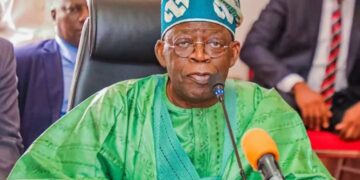
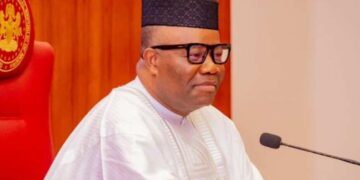
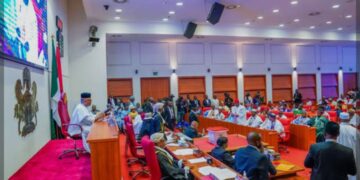


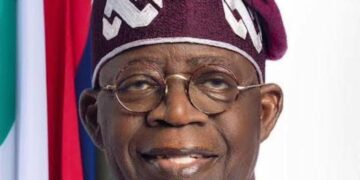






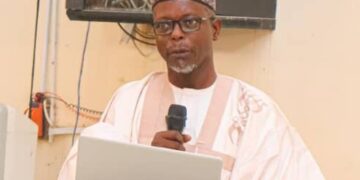










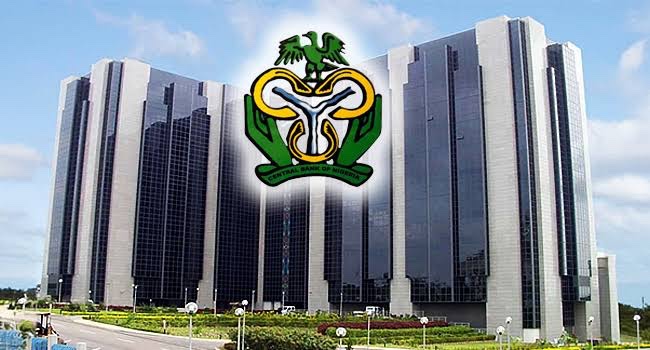
















Discussion about this post